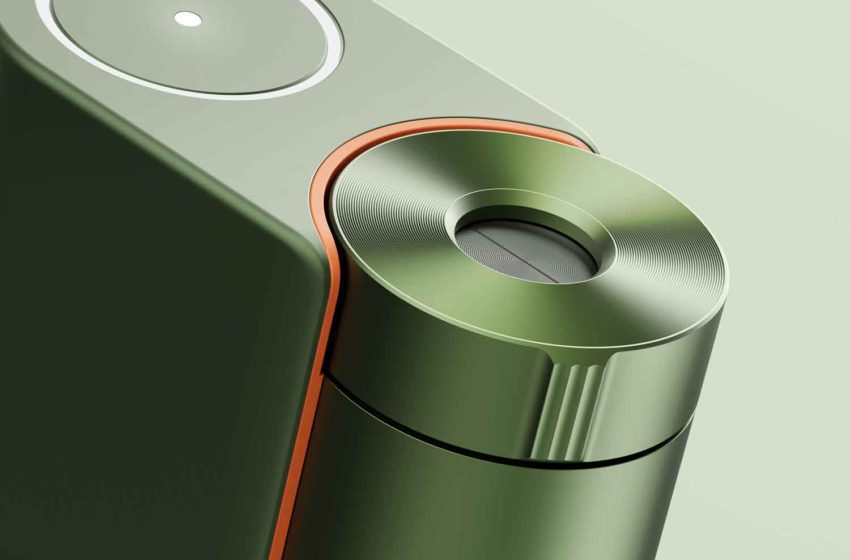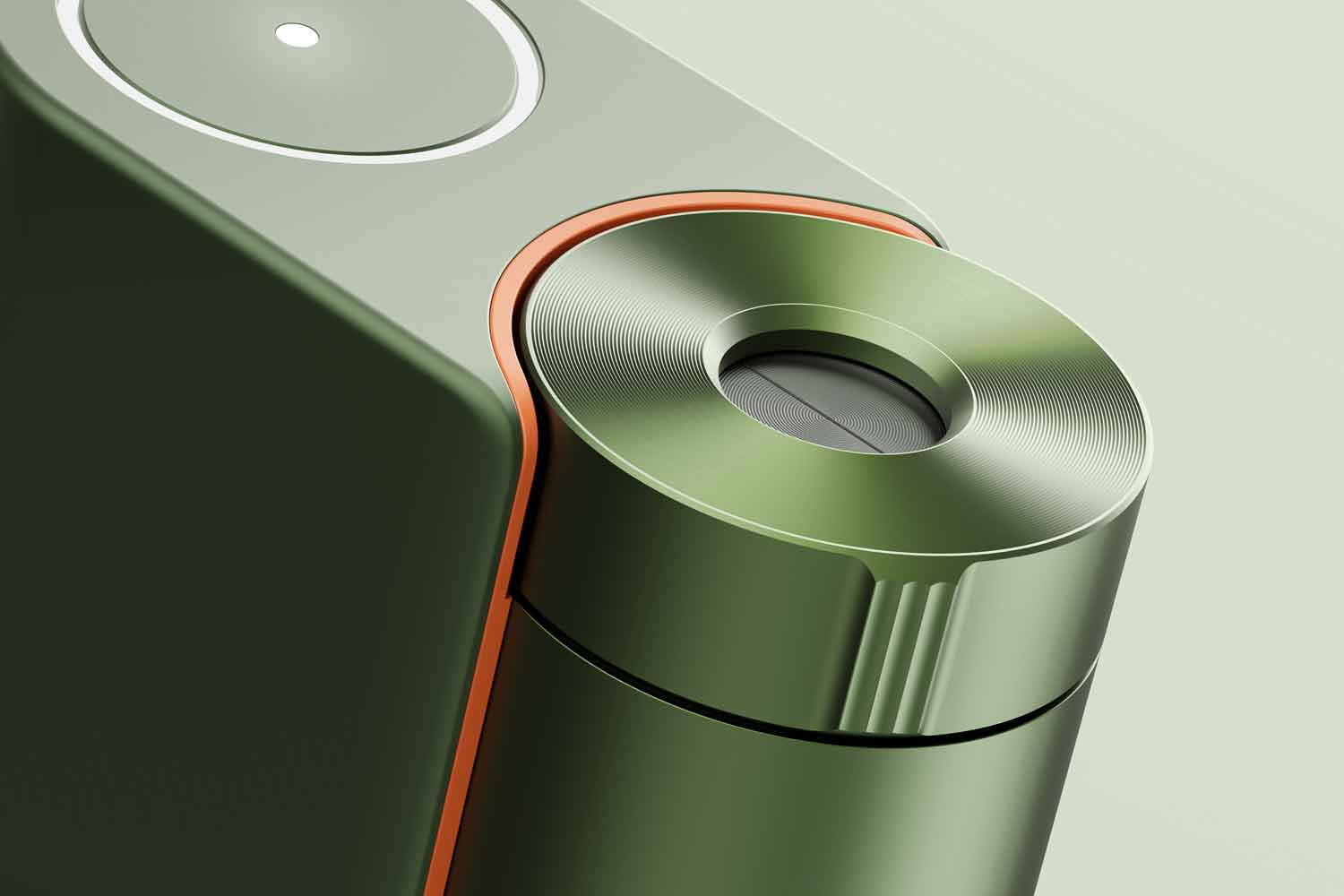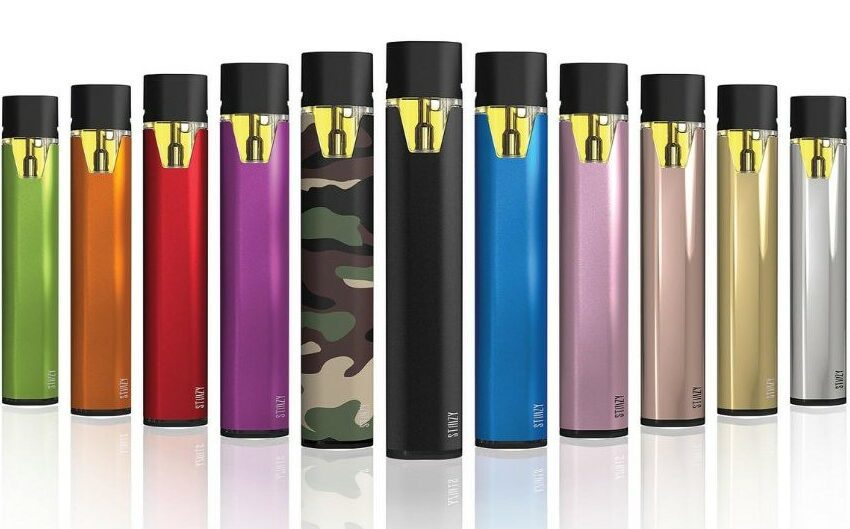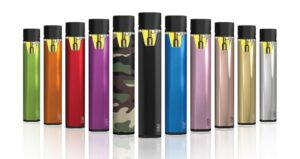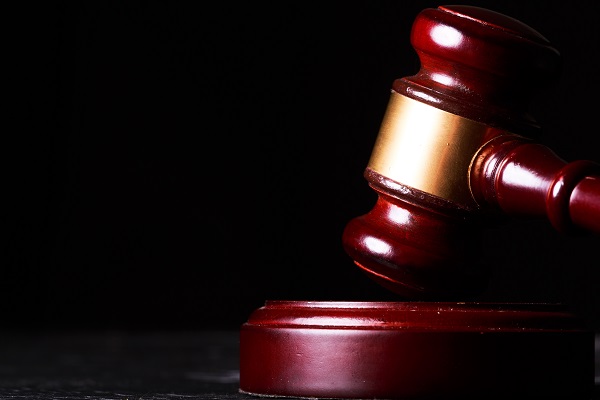
New York City Mayor Eric Adams and New York City Corporation Counsel Sylvia O. Hinds-Radix announced that the City of New York has filed a lawsuit against 11 wholesalers for their part in the illegal sale of flavored disposable e-cigarettes.
The 11 defendants – located in Brooklyn, Queens, Long Island, and upstate New York – are alleged to have distributed, and continue to distribute, flavored disposable e-cigarettes – such as Strawberry Colada, Mellow Mint, Blueberry Energize, and Frozen Creamsicle – to retail vape and smoke shops, convenience stores, and directly to consumers over the internet, in violation of federal, New York state, and New York City law, according to media reports.
The lawsuit seeks to block the defendants from further selling the items and seeks damages and penalties under state and city statutes. It is a companion to the city’s pending 2023 federal lawsuit, in which two defendants are already subject to court orders barring their sales and shipments of flavored e-cigarettes into the city.
“Part of protecting public safety means protecting the health of New Yorkers, including our most vulnerable – our children – and this administration is committed to enforcing the law when it comes to illegal vape sales,” said Adams. “This lawsuit will help hold 11 wholesalers accountable for their part in the illegal sale of flavored disposable e-cigarettes at a time when nicotine addiction among middle and high school youth is exploding. We will not stand by and allow this greedy, harmful, and openly illegal behavior to continue.”






